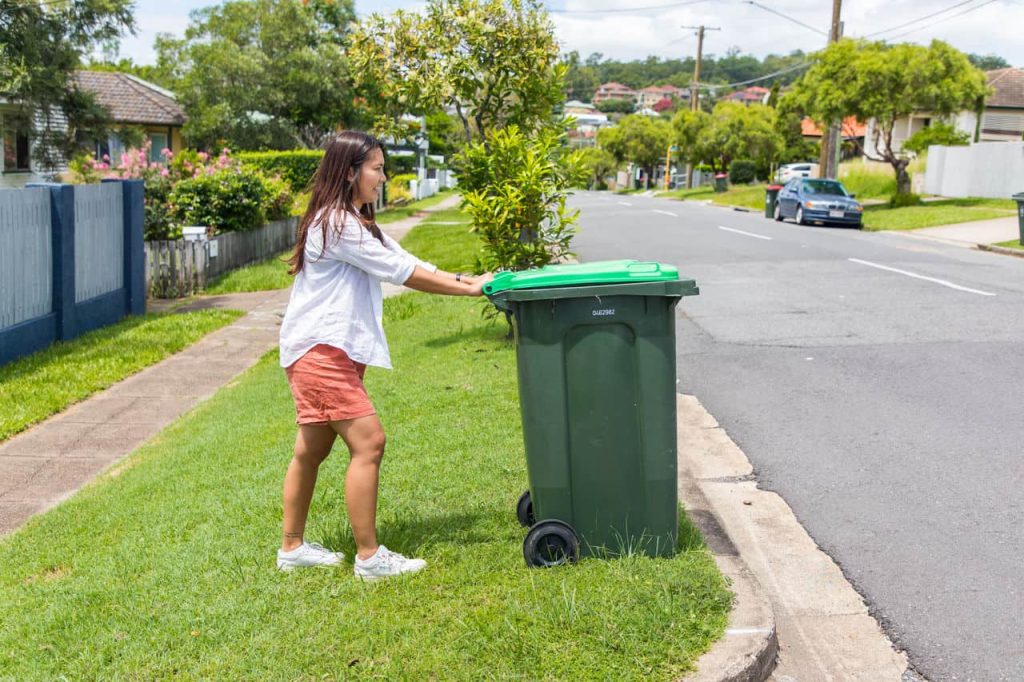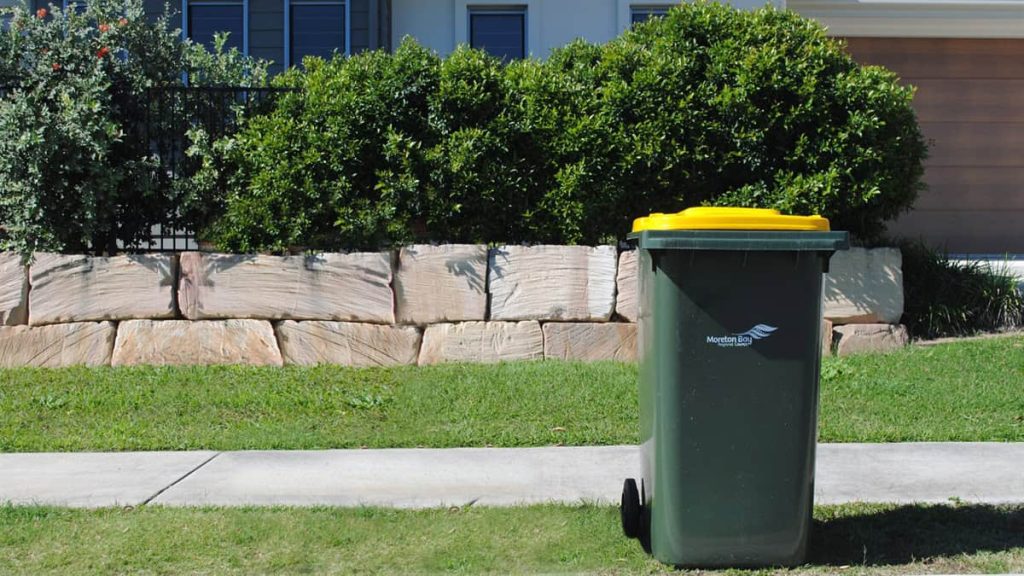Recycling shouldn’t be complicated, especially when a clean-up, reno, or garden overhaul is already taking up your weekend. Green skip bins simplify everything by providing a central spot for recoverable materials, clear guidance on what’s allowed, and a scheduled pickup that keeps your site tidy and your conscience clear. Whether you’re a homeowner trimming trees, a tradie ripping out a bathroom, or a small business clearing a storeroom, choosing a recycling-focused skip helps you divert more from landfill with less effort.
What makes a “green” skip different
A green skip isn’t just a paint colour—it’s a recycling-first service design. The provider sets expectations up front (what can and can’t go in), supplies clear labels, and sends your load to facilities that sort and recover timber, metals, cardboard, bricks, tiles, and clean soil or green waste. Because staff and machinery downstream can quickly separate streams, you get better diversion rates and often better value, too. The big win is convenience: a single container for recoverables means fewer trips to the tip and fewer decisions at the kerb.
What you can put in (and what to keep out)
Typical inclusions for green skips are clean timber offcuts, scrap metal, aluminium, steel, copper, cardboard and paper, certain plastics, bricks, tiles, concrete, and untreated green waste (branches, leaves, clippings). What to avoid: food, liquids, paint, solvents, batteries, asbestos, gas bottles, tyres, medical sharps, and most e-waste unless your provider offers a dedicated stream. Keeping contaminants out protects the value of recyclables and prevents rejection fees.
Why it easier than DIY tip runs
Multiple cars or utes run out of time and fuel, and you still need to sort things out when you arrive. A kerbside skip changes the workflow: load as you go, flatten boxes on the spot, stack heavy materials low, and keep questionable items aside for advice. Because everything is staged at the point of disposal, you finish faster, and your site stays safer and cleaner throughout the project.
Choose the right size the first time.
Picking capacity is half the battle. A 2–3 m³ mini suits declutters and light pruning; 4–6 m³ handles most bathroom or kitchen rip-outs; 8–12 m³ works for multi-room renovations or light commercial clean-outs. Think in wheelie-bin equivalents—about four standard wheelie bins per cubic metre—and consider the shape of your waste. Flat-packing cardboard and breaking down cabinetry frees up space; bulky branches and doors usually justify one size up.
Loading like a pro
Start with flat, heavy items along the base (doors, benchtops, timber lengths). Stack bricks and tiles evenly across the floor to avoid voids. Flatten and “bookend” cardboard against a side wall. Keep metals together where practical so they’re easy to recover. Finish with lighter items on top and avoid bridging pieces that leave hidden gaps underneath. Good loading improves safety, capacity, and downstream sorting.
The cost-and-carbon upside
Well-packed, low-contamination loads are cheaper to process per tonne. By separating obvious hazards and keeping recoverables clean, you reduce the risk of surcharges and help your provider send more to recycling partners. That means fewer truck-kilometres hauling waste to landfill and more materials re-entering the local economy as mulch, road base, metals, and paper products.
Site placement and access tips
Place the skip on level ground with clear truck access and sufficient overhead clearance for safe lifting. If it’s on private property (driveway or yard), you typically avoid council permits; verge placement may require approval and traffic-safety cones or signage. Place the bin close to the work zone—near the garage for renos, beside the verge for garden work—so loading is easy and consistent.
Mid-project FAQs (the stuff that slows people down)
“Can I mix some general waste?” Light mixed waste is often okay, but ask first—food, liquids, and hazardous materials can contaminate a whole load.
“What about soil?” Some green streams accept clean soil in modest amounts; keep it separate from rubble unless advised.
“Concrete and bricks?” Yes—dense, clean masonry is highly recoverable; if you have a lot, consider a dedicated heavy-waste option for best value.
The SEO-friendly bit for clarity (keywords placed mid-article)
If you’re comparing options, search phrases like green skip bins brisbane, concrete skip bin brisbane, and skip bins brisbane will surface providers who accept recyclable streams, offer heavy-waste pricing for bricks and concrete, and publish clear contamination rules. Use those pages to confirm what’s allowed before you book.
Households, tradies, and businesses—who benefits most?
Households: Spring cleaning, moving, and garden overhauls generate cardboard, timber, and green waste, which are easy to recover.
Tradies: Bathroom/kitchen rip-outs produce high-value masonry and metal streams; loading these cleanly speeds sorting and protects your margins.
Businesses: Retail and office fit-outs stack cardboard, shelving, and fixtures quickly. A time-boxed drop and pickup (e.g., Thursday afternoon–Monday morning) keeps floors clear and teams productive.
Simple contamination-avoidance habits
Keep a small crate by the bin for “ask us first” items (old paint, batteries, e-waste). Hide the kitchen rubbish bin during loading days to prevent food scraps from creeping into the skip. If rain is forecast, tarp the bin overnight so cardboard and plasterboard don’t get water-logged and heavy.
Booking checklist you can copy
- List your materials and rough volume.
- Pick a size with room for bulky items.
- Choose a delivery spot with safe truck access.
- Confirm inclusions/exclusions and any heavy-waste options.
- Book a timed delivery/pickup that matches your workflow.
- On pickup day, keep access clear and the load under the fill line.
The bottom line
Green skip bins make recycling the path of least resistance. With one container, clear rules, and a smart loading plan, you’ll finish faster, cut tip runs, and send more material back into the circular economy. Ready to book a local, recycling-focused service that shows up on time and makes clean-ups painless? Talk to QLD Skips Hire—they’ll help you choose the right size, keep contaminants out, and collect on schedule so your job site stays clean and compliant.



